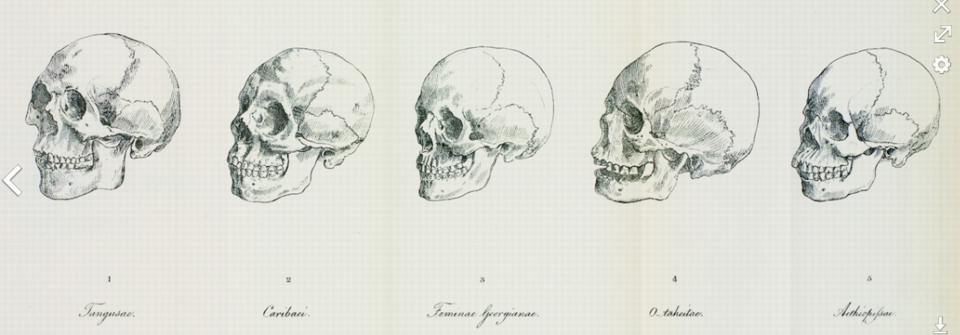So why is it that white people are called Caucasian? And why are we now capitalizing Black when talking about Black people or Black culture?
Good questions...and coming to you from the Richmond News Facebook page.
Under our post about the fact La Toya Barrington is organizing an anti-racism demonstration on Saturday (see page 8), Sergei Levchenko wrote, “I would like to know why white people here call themselves ‘Caucasians’ lol. You can’t imagine how bizarre that is, to someone from Russia or other ex-Soviet countries. I recall when I first arrived here, started school here, Grade 8, and a staff member referred to me as a ‘Caucasian’ on some form. I was, like, ‘I am not a Caucasian, I am Slavic...’ To us, Caucasians are people from the Caucasus Mountains — Georgians, Armenians, Chechens, etc. Not white people in Canada... “
Andrew Wade jumped in with, “Side topic, but as a bit of history, the term ‘Caucasian’ was popularized by a German who divided humans into five races, with ‘Caucasians’ being considered as ‘created in God’s image as an ideal form of humanity’, while the other four were ‘physically and morally degenerate forms of God’s original creation.’ So the history of the term is pretty darn racist. (www.sapiens.org/.../caucasian-terminology-origin/)”
I’ve never liked the term Caucasian, even putting its racist origins aside. It has always seemed like an awkward way to sanitize or couch what we’re really talking about.
Right now, Canada and the U.S. are in the throes of an urgent debate about racism and inequality. It’s not about where our ancestors may have originated. It’s about the power and privilege we may or may not experience due to the colour of our skin. It’s a hard enough subject anyway, we at least need clear language to discuss it.
On the website workforce.com, Susana Rinderle writes a column titled, 6 Reasons Not to Say Caucasian.
(I love it when I google, “Caucasian versus white” and a perfectly eloquent article pops up to make my case.)
Rinderle notes, “Physical whiteness plays a much bigger role in white Americans’ lives than our European-ness, just like blackness determines African Americans’ lives and experiences more than their African-ness. Compare how a white African is perceived and treated with how a black African is.”
She adds, “Caucasian is a pseudo scientific term used to create distance from race discussion or racial identification.”
And I think that’s key. We need to name what we’re talking about.
So, now, why do we capitalize Black but not white?
The Columbia Journalism Review, recently wrote, “Black is an ethnic designation; white merely describes the skin color of people who can, usually without much difficulty, trace their ethnic origins back to a handful of European countries.”
To capitalize Black, the Review notes, is to acknowledge that slavery deliberately stripped people forcibly shipped overseas of all other ethnic/national ties. So a capitalized Black it is at the Richmond News.
Perhaps I’m being inconsistent, having just said skin colour is the thing, not ancestry. But here we’re not talking about what word to use but whether to recognize the racial identity of a particular group. If there’s a good argument to do the same for white, we’ll consider it.
Regardless, what’s clear is language has power; it reflects and perpetuates the views and values of its culture. But language also evolves, which is why this is an opportune time to think about what we want our language to say when it comes to race.



